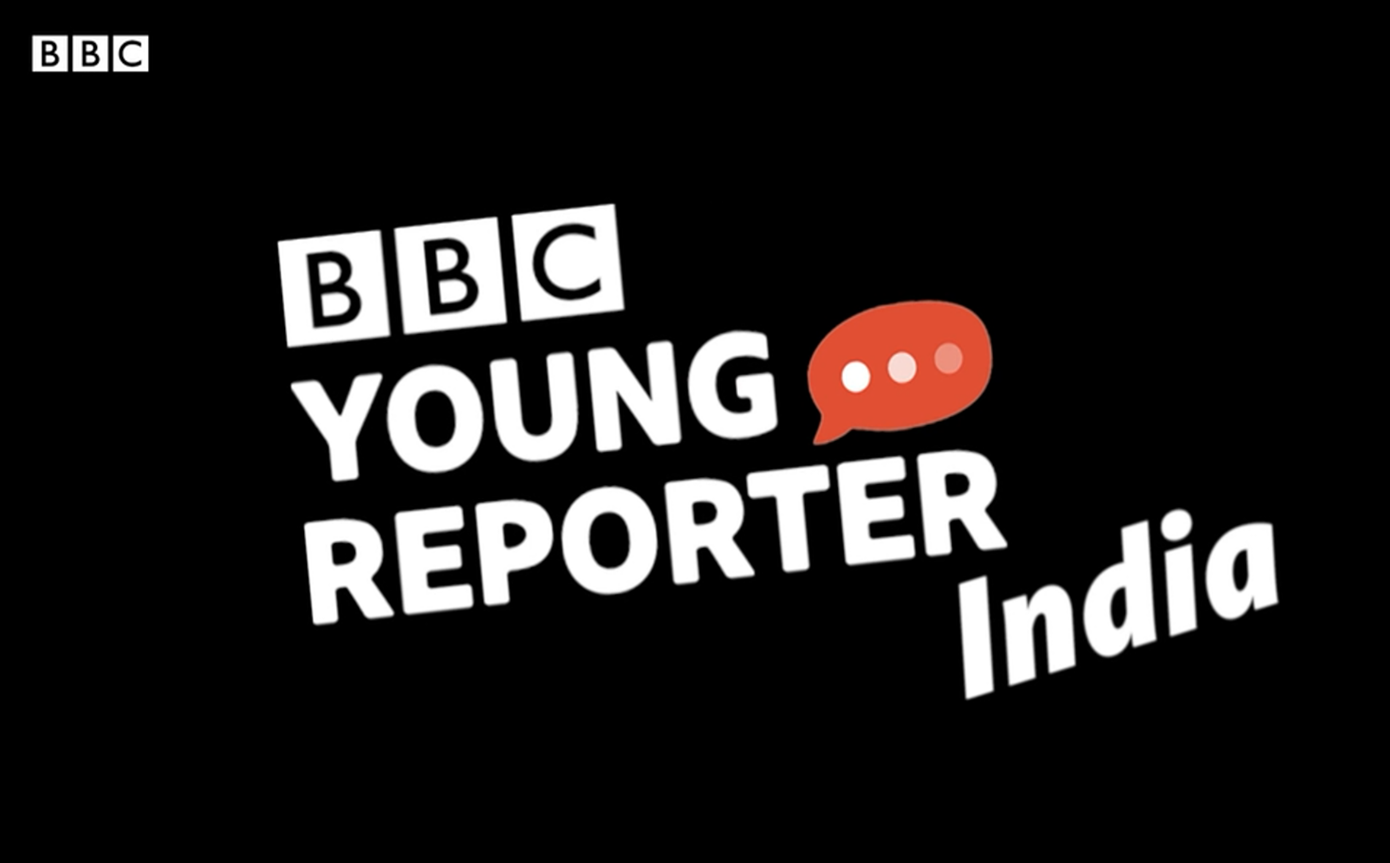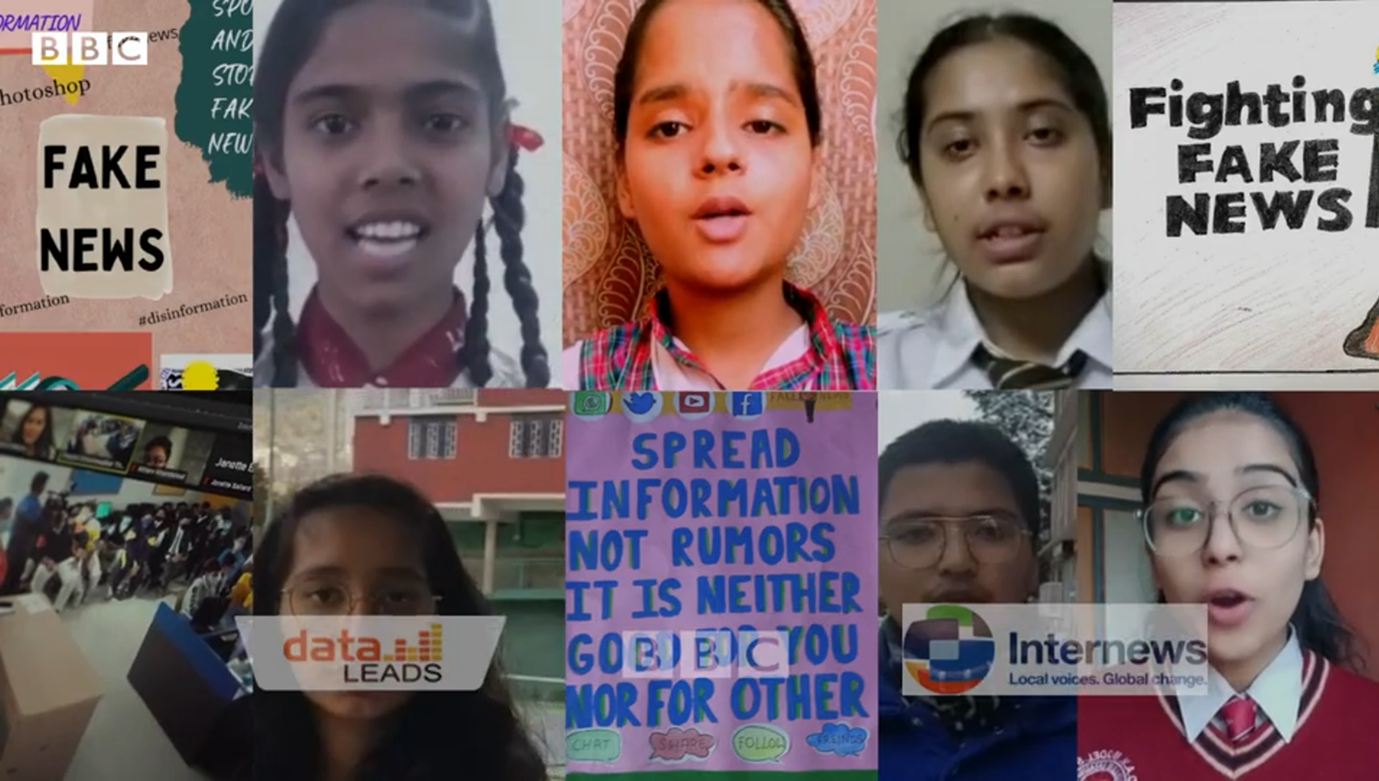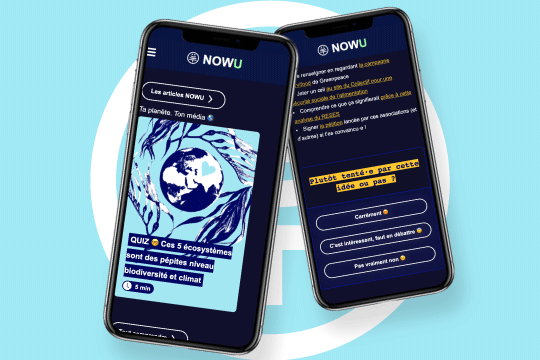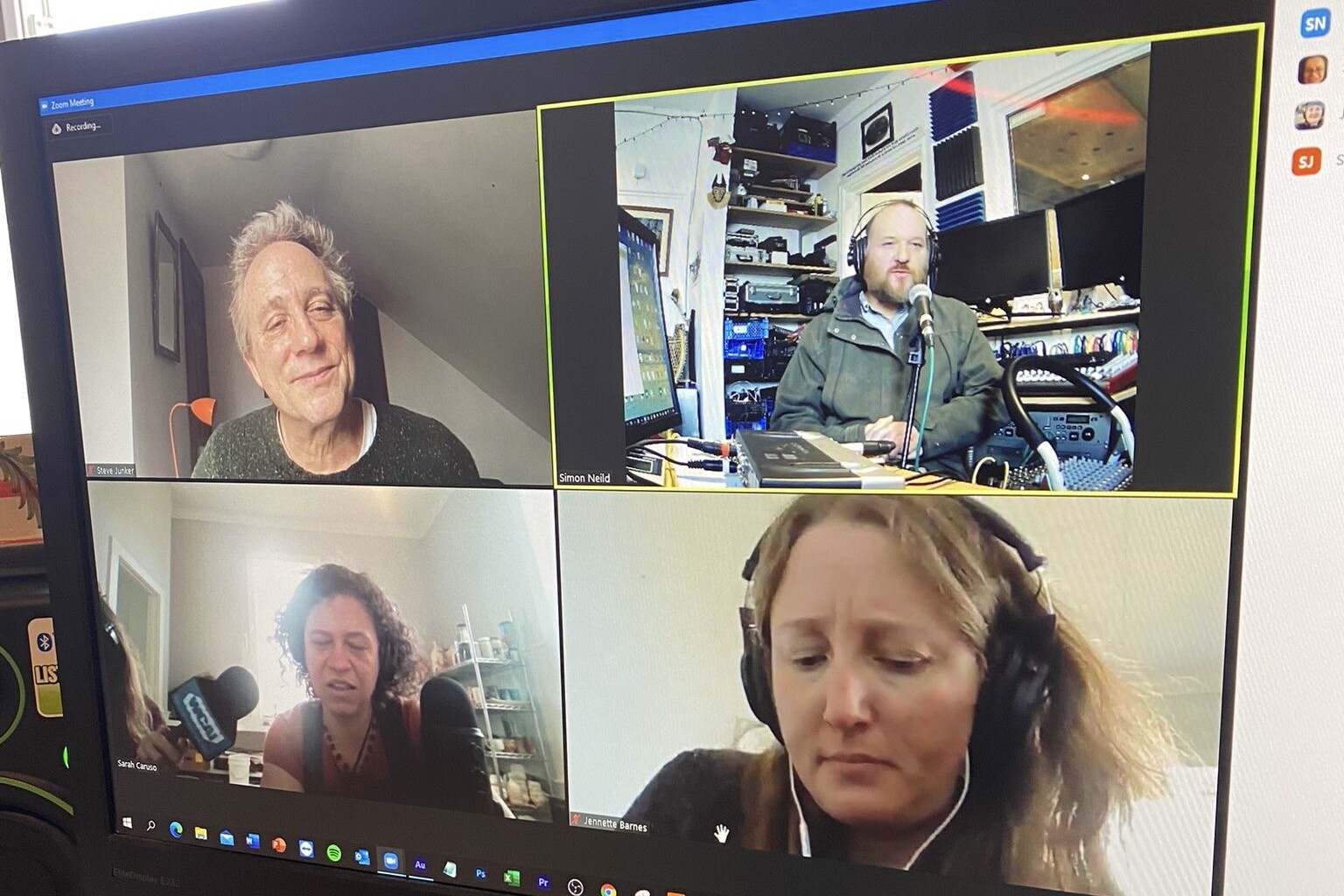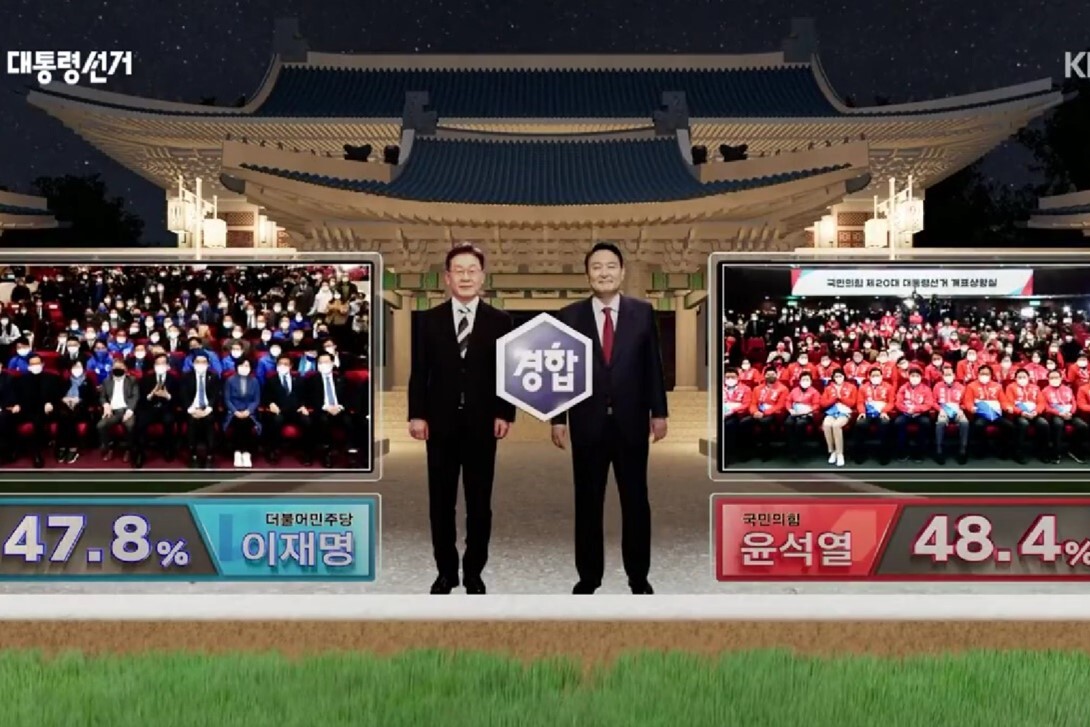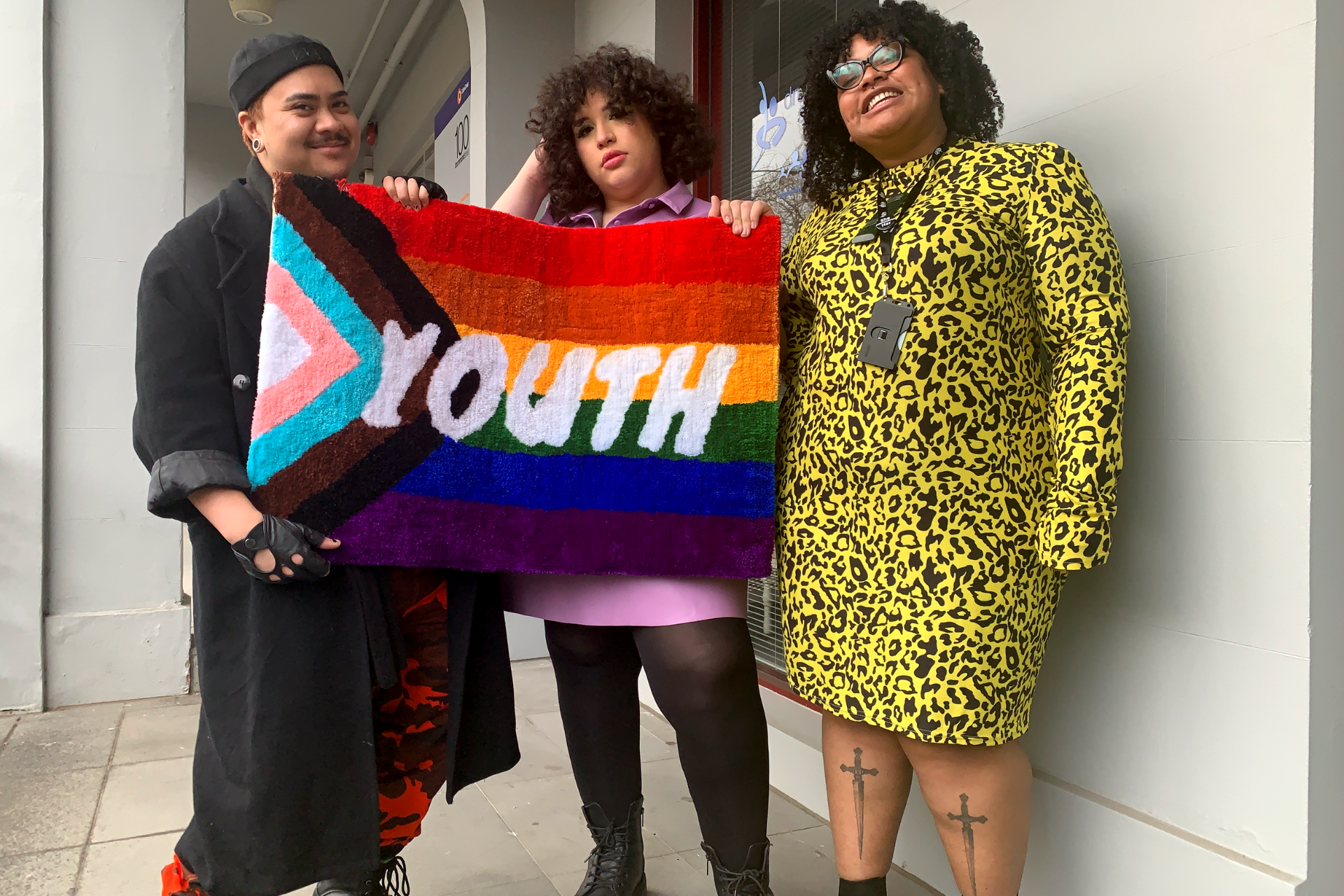PSM INNOVATIONS
Collaborative media literacy programme takes off in India
8,000 students from more than 100 schools in India received BBC-led media literacy training, which was designed to tackle fake news and the spread of mis- and disinformation amongst young people.
7 June 2022
Across a series of virtual workshops, BBC Young Reporter India (BBC YRI) taught more than 8,000 school students about media literacy, critical thinking, fact-checking and digital safety, to equip them with the analytical tools to check and verify content.
It follows the success of the BBC Young Reporter programme in the UK, which has engaged with around 500,000 young people since it launched in 2006. The initiative works in partnership with schools, colleges, youth organisations and charities around to UK to give 11–18-year-olds the opportunity to research and produce their own news reports; understand the media and the world around them; learn key public service values such as accuracy and impartiality and develop skills to distinguish between real news and false information through exclusive training and resources, and access mentoring and media and journalism careers advice.
For the India programme, BBC News partnered with Internews and DataLEADS between August and December 2021 to bring the initiative to school students aged thirteen and above. The mission of the project is to combat the spread of misinformation about vaccinations and fake Covid-19 cures, and other potentially harmful content.
The programme trained 51 trainers, including media educators, teachers, and journalists, and provided more than 250 hours of media training remotely.
Public Media Alliance’s Research Journalist, Chloe Howcroft, spoke to Marie Helly, Head of the BBC’s Beyond Fake News project and BBC News International Services to find out more about the results and impact of the BBC YRI programme. Ms. Helly has been a journalist at the BBC for 35 years, working across news and investigations in the UK, Africa and India. In the last 4 years her focus has been youth programming and tackling the challenges of disinformation across the World Service. She worked closely with colleagues in BBC Indian Languages to join in the development of the workshops and training the trainers.
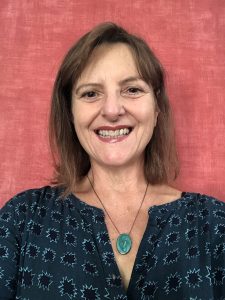
Chloe Howcroft (CH): Where did the idea come about to launch the BBC Young Reporter programme in India?
Marie Helly (MH): The BBC has been really interested in challenging disinformation in India for some time. In 2018 we held a “Beyond Fake News” season of events and stories – following terrible mob killings – linked to harmful fake news being shared on social media. We did pilot workshops with school children across India and held conferences. We also published original BBC research on how fake news was spreading – to ensure an evidence-based approach to our workshops and journalism.
Disinformation has continued to be a big problem in India so finding ways to help audiences recognise and value independent news they can trust is a priority for us. Covid exacerbated the problem and showed us how harmful misinformation about health and vaccinations can be.
So it felt like a really good moment to return to offering workshops to young people. The pandemic made face to face classroom delivery impossible, but it showed us that virtual workshops can be really powerful, and help us reach many more young people.
CH: Why is it especially important for a public media organisation to lead on and collaborate with other organisations to deliver media literacy initiatives?
MH: In a world of disinformation, we are increasingly aware that we need to work together with organisations that share our values – organisations that traditionally may have been ‘rivals’. We might still compete for “scoops” with big news organisations, but our shared vision of trusted impartial news makes working together on shared initiatives a no-brainer.
We worked with Internews and DataLeads and we worked with them on a similar project the previous year – FactShala. BBC colleagues in Delhi and I were invited to help build a workshop programme for non-metropolitan communities – workshops that trained local citizens could deliver to communities in need. It had the same values as our own Young Reporter programme. So when we were given the funding to create a new workshop programme for India, we immediately thought of them as partners who could help create locally appropriate workshops, appoint and train trainers, and deliver the training. We had the background of working with students and they had the knowledge and networks to make workshops suitable for Indian students. They also had networks of media experts and fact checkers who could be trained to deliver the workshops.
In a world of disinformation, we are increasingly aware that we need to work together with organisations that share our values
CH: Why is it important to engage with younger people on matters related to trusted news and information for the future of democracy?
MH: I think working with young people on matters related to trusted news and information is really important. We know that social media is often the first place young people go to get their news or check information. They have few tools to recognise what is true and what is fake. They need to be given the tools to think critically.
Our priority is to get young people to ask questions; to think twice before they share unverified content. Young people need the information to be active citizens – basing their decisions about voting, or buying, or health choices – on factual and accurate information. BBC News aims to deliver that, but in a digital world, we need to engage audiences further. Our workshops encourage young people to examine their emotions when they read information and to understand if they are being manipulated into thinking or acting in a particular way.
I think working with young people on matters related to trusted news and information is really important. We know that social media is often the first place young people go to get their news or check information.
CH: What plans can you share with me to expand the BBC Young Reporter programme, or other similar initiatives, in India and beyond?
MH: We are currently talking to potential partners who could help us with distribution. We have put our content on the BBC Young Reporter India page so that it is now open-source content for educators to use. And we have created shorter bitesize workshops that are easier for teachers to use and understand. BBC journalists in India will also be delivering these workshops in schools.
A collaborative, media literacy programme of this nature could not be more important nor timelier as mis- and disinformation has been rife in India and elsewhere in recent years. Innovation is not always about reinventing the wheel but adapting existing ideas and resources that are proven to be successful to potentially solve other problem areas.
From videos and assembly topics, to workshops and interactive games, BBC YRI’s comprehensive array of training materials and other resources have been made available for more educators across India to access, and further improve media literacy.
Over to you...
Does your public media organisation have an innovation that you’d like to share?
Let us know by emailing us at editor@publicmediaalliance.org
Related Posts
10th May 2022
From Cornwall to Cape Cod: Collaborative radio project unites coastal stations across Atlantic
Public radio station CAI and community…
19th April 2022
KBS uses “cutting edge technology” in 2022 election coverage
South Korea’s largest and most trusted…
5th April 2022
ABCQueer: Australia’s public broadcaster representing marginalised groups
ABCQueer is the Australian public…
